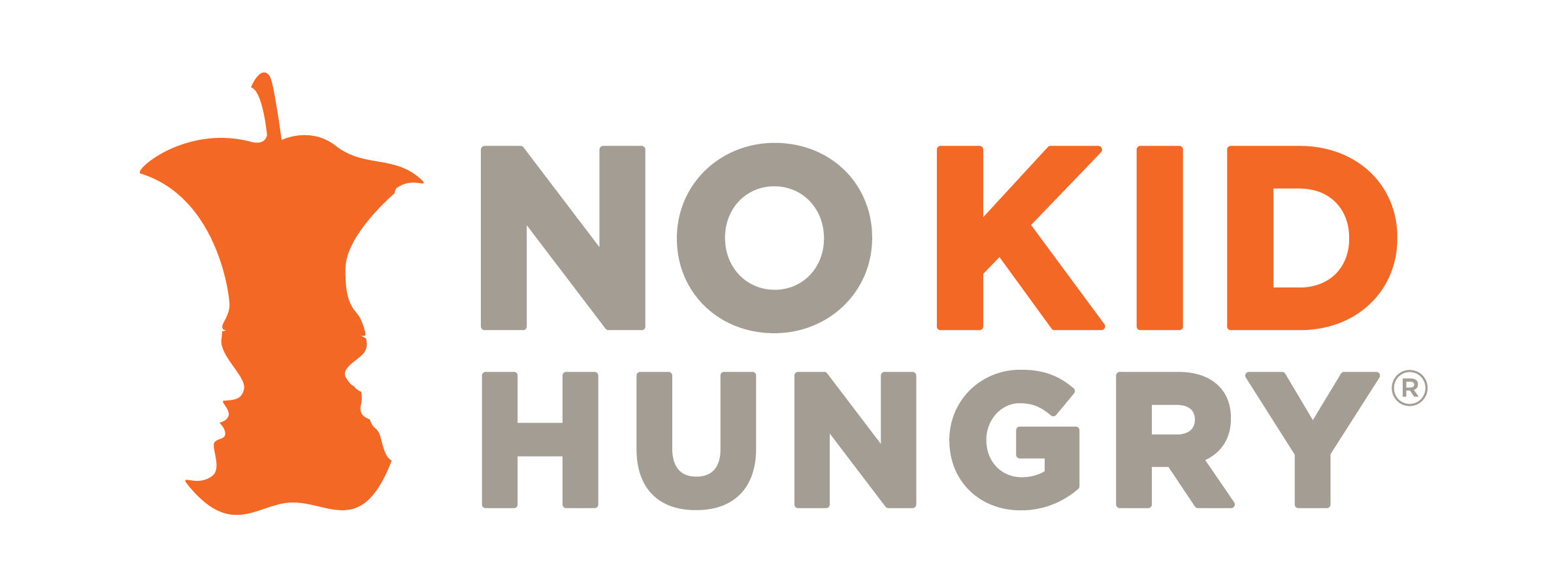Communities Experiencing Inequalities:
Share Our Strength is committed to addressing the systemic and structural health, social, and economic inequities that disproportionately impact communities of color. To ensure we are supporting individuals and communities most impacted by these inequalities, we will prioritize grant funds to school districts serving communities where over 50% of the population identify as Black, Latino, Native American, Asian, Hawaiian Native, or Pacific Islander. We will also prioritize funds to rural communities where schools face unique challenges in addressing hunger and communities where members experience an intersectionality of identities and environmental factors that contribute to a number of discriminations and disadvantages.
Communities Experiencing Economic Hardship:
As the effects of Covid-19 continue to be felt in communities across the country, grant funds will be provided to communities experiencing extreme economic hardship. In determining economic impact, No Kid Hungry will review data points including:
- Free and reduced eligible students
- Child food insecurity projections
- Social vulnerability index score (See https://svi.cdc.gov.)
Ability to Serve Kids Today and in the Future:
Taking into consideration equity and economic hardship, funds will be prioritized to support school districts and community organizations with a strong and sustainable plan for maximizing participation in the child nutrition programs and/or leveraging other programs to combat food insecurity such as emergency food programs (weekend meal programs, school pantries, etc.), student and family outreach and engagement, and federal nutrition program enrollment with a partnership.
Share Our Strength’s goal is to support school districts in increasing school meal access. Applications should address both the immediate need for supporting students and alleviating hunger, as well as the long-term sustainability of programming.

